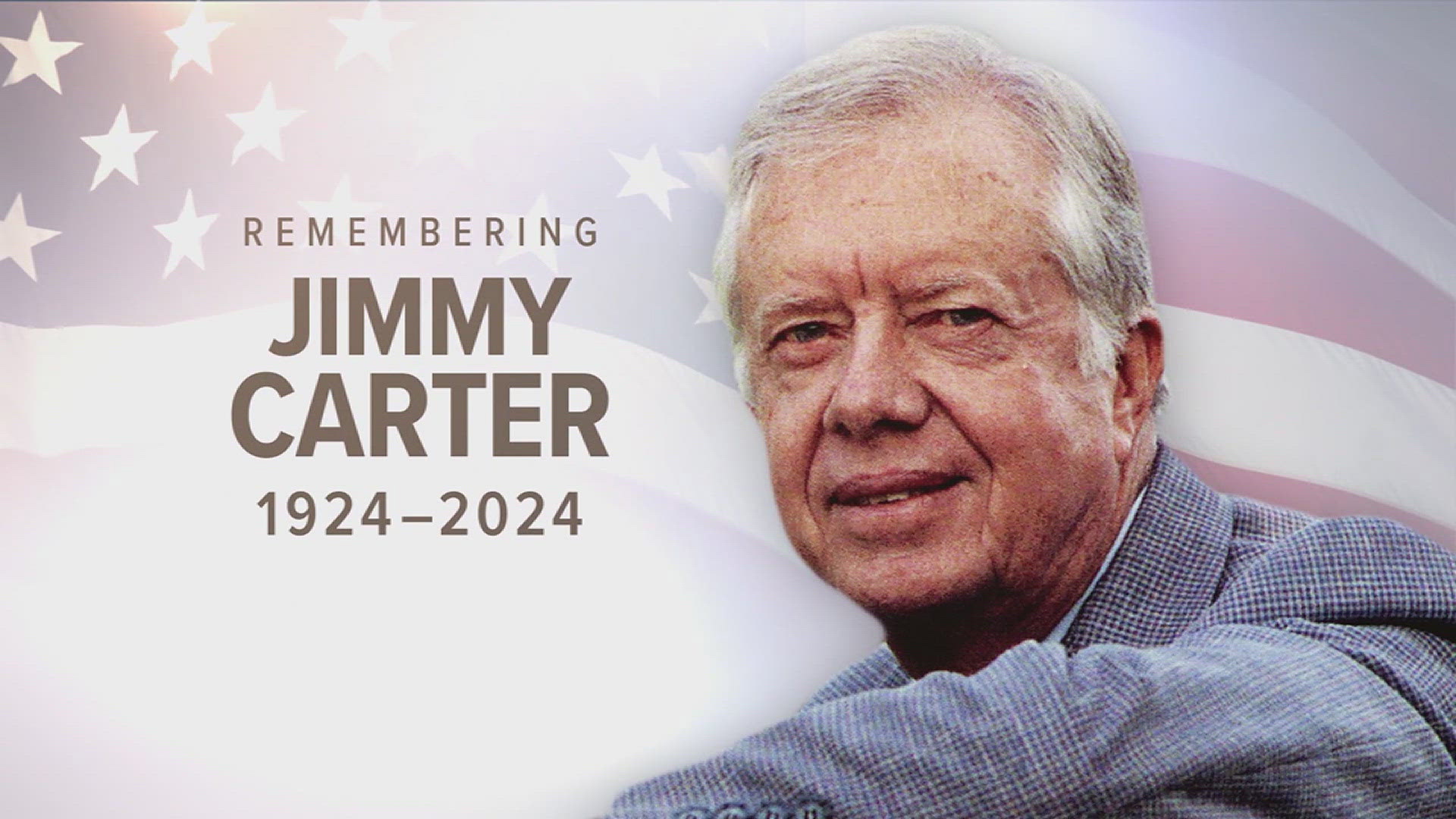(Akiit.com) “The strong men keep a-comin’ on
“The strong men git stronger.â€
— Sterling Brown, poet
Although our 44th president is neither a descendant of enslaved Africans nor an offspring of the Jim Crow South, it is clear that the proud tradition of African-American men with roots in the South inform Barack Obama’s persona and style. From the cadence of Martin Luther King Jr. that echoes in Obama’s most passionate speeches to his casually confident strut across press conference stages, our new commander-in-chief exudes the cool of a class of “strong men†tempered by this region’s legacy of racism.
The Urban Villa Men’s Club in Atlanta embodies this tradition. The eldest of these men came of age during a time when maintaining cool and dignity while negotiating the minefields of casual and institutional racism became a rite of passage. Although Obama has never met this particular group of black men, in many ways their lives helped make his ascension to the presidency possible.
Moreover, their grace and strength continue to provide lessons as our new president and the nation struggle to end racism and bigotry forever. Tucked away off a wooded stretch of Joseph E. Boone Boulevard, Urban Villa is a quiet, understated residential community designed and built in the 1950s by other “strong men†— among them J.W. Robinson, Georgia’s first licensed African-American architect and J. L. Wolfe, a prolific black contractor. They erected this middle-class community for African Americans during the post-World War II housing shortage.
Half a century later, the residents of Urban Villa — including my parents, James and Mattie Myrick — continue to live in their solid brick ranch and split-level homes though they emptied their nests and retired decades ago. Recently, the 10 husbands, fathers, grandfathers and great-grandfathers of the Urban Villa Men’s Club celebrated 50 years as a community of “strong men†at a dinner dance at the Renaissance Concourse Hotel. As I watched these sophisticated gentlemen and their elegant ladies defy age and infirmities doing the electric slide, I thought about some of the ways in which their lives helped pave the way for the inauguration of the first African-American president of the United States.
The majority of the members of the Urban Villa Men’s Club labored anonymously for most of their lives. Many of those who scrimped and saved to buy homes in this community were veterans of World War II — soldiers in segregated units who helped liberate Paris and storm the beaches of Normandy. Yet when they came back home to Atlanta, they had to do battle again against racist attempts to restrict their life choices.
Rather than become bitter, they worked to become even better. They went to college and professional school under the G.I. Bill. They started businesses and found steady jobs as factory workers and postal employees, porters and domestic workers, insurance salesmen and schoolteachers.
They performed their jobs with pride, skill and cool that confounded their hostile white co-workers and employers. They became deacons in their churches and joined the NAACP in support of the civil rights movement. A few of the men of Urban Villa have even been recognized for their life’s work. Business mogul and civil rights leader Jesse Hill Jr. and his family once resided in Urban Villa. Internationally renowned scientist and Atlanta University Center professor Henry McBay lived in the community until his death in the mid-1990s.
Many of this community’s children grew up to become successful doctors, lawyers, bankers, computer specialists, business owners and educators.
Still true to their tradition, the men of Urban Villa now guard their community against the urban blight that has overtaken much of the area. They make sure their lawns are mowed and hedges trimmed, and with their wives, they stave off threats to the serenity and safety of their community. They demanded that the city repair a faulty sewage system; they insisted that a traffic signal be placed at a dangerous intersection; they lobbied for more police patrols after a series of break-ins.
President Obama seems to intuitively channel the fortitude and resolve of strong black men like the members of the Urban Villa Men’s Club. They quietly take pride in the fact that the new leader of the free world embodies their tradition.
Written By CLARISSA MYRICK-HARRIS









Leave a Reply